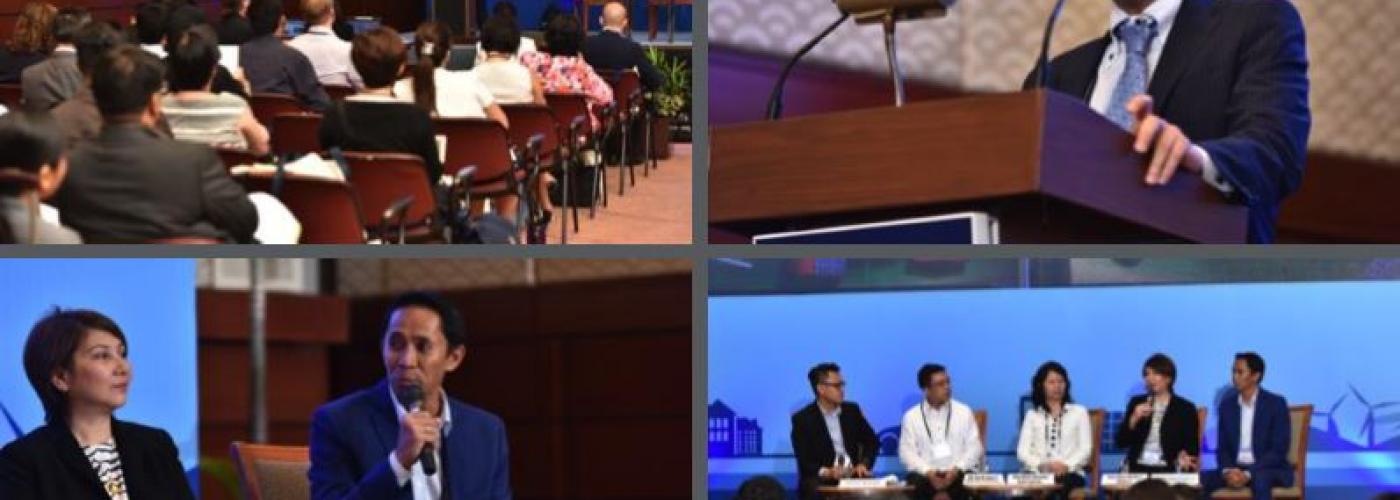Enabling Private Sector Clean Energy Investment in Southeast and South Asia
Image

The USAID Climate Economic Analysis for Development, Investment and Resilience (CEADIR) activity designed and implemented a regional activity to accelerate CE private sector investment aligned with national climate change commitments (e.g., Nationally Determined Contributions or NDCs) and CE policy objectives in the target countries of India, Indonesia, the Philippines, and Vietnam. CEADIR analyzed the NDCs and associated energy plans in each country, as well as the private sector CE investment commitments, to identify the greatest overlapping priorities between governments and the private sector.
Based on this analysis, CEADIR brought together 87 executives from leading U.S., Asian, and European corporations; government officials from India, Indonesia, Philippines, Vietnam, and the U.S.; and donors and development partners to discuss emerging strategies and near-term opportunities to achieve clean energy goals at the Enabling Private Sector Clean Energy Investment in Southeast and South Asia meeting (March 27-28, 2017, in Bangkok, Thailand).
A deep dive workshop on “Enabling Private Sector Clean Energy Investment in Southeast and South Asia: Recommendations from Corporations and Governments” was held on June 5, 2017, as a pre-event to the Asia Clean Energy Forum 2017 in Manila, Philippines. The workshop engaged 167 participants from 25 countries. It highlighted recommendations and insights from private sector leaders on regional and country-specific actions that governments can take to accelerate investment in CE solutions in the region. It also showcased strategies and approaches of corporations, governments, utilities, investors, and development partners.
The full versions of the March 2017 workshop report and the June 2017 deep-dive workshop report are available to download below.

